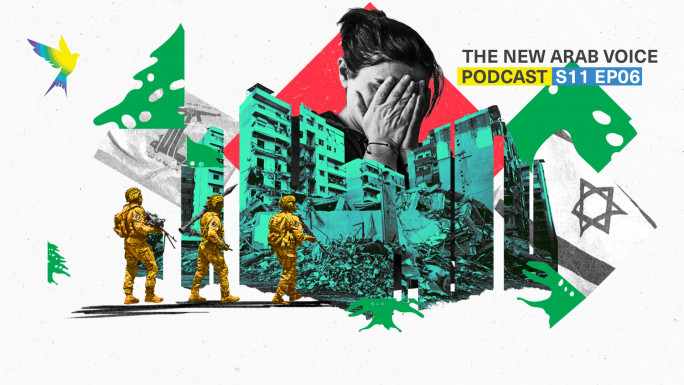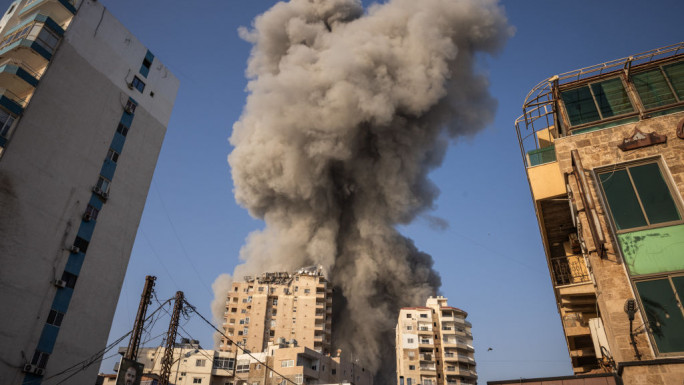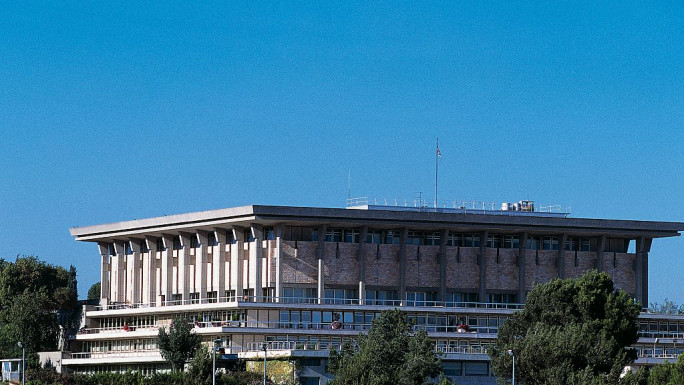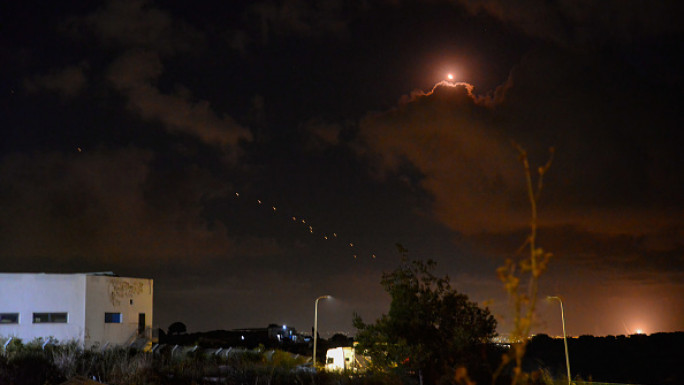
Top 'revolutionary phrases' for UN Arabic Language Day
So you've decided to tackle the Arabic language or are interested in the Middle East - have no fear The New Arab is here to help you out.
To understand modern "revolutionary Arabic" and the idiom of the Arab Spring, you will have to come to grips with the most popular chants that have echoed through the Arab streets over the past six years.
The first is by far the most famous political slogan associated the Arab Spring uprisings - "al-shaab yurid isqat al-nizam" ("the people want to topple the regime").
This iconic chant was first heard in Tunis but it soon moved on to Egypt, Syria, Bahrain and Yemen.
It has since been appropriated by counter-revolutionaries such as Assad loyalists, who have chanted "al-shaab yurid Bashar al-Assad" ("the people want Bashar al-Assad").
This week, demonstrators chanted "al-shaab yurid dawla al-Islamiya" ("the people want an Islamic state") in the streets of Idlib, Syria - it seems this slogan is here to stay with us for a while yet.
Next we have, "irhal!" ("leave!") this was and still is used to tell undesired despots they are no longer needed.
It has been used in several protest songs such as the catchy Syrian tune "irhal, irhal ya Bashar", which was a clever parody of the pro-Assad pop song "nihna rijalak ya Bashar" ("we're your men Bashar").
"Aish, horria, adala igtimaiya" ("bread, freedom, social justice") this chant was one of the most heard chants in Tahrir Square because it perfectly summed up the basic demands of the Egyptian people.
In Egyptian Arabic, the dialectical word for "bread" is "aish", which differs from the standard Arabic "khobz". The Egyptian word comes from the tri-consonantal root meaning to live.
Other important phrases for the Arabic learner include "thawra, thawra hatta al-nasr" ("revolution, revolution until victory") and "silmiya, silmiya" ("peaceful, peaceful").
For UN Arabic Language Day, The New Arab has also put together a cheat sheet of the ten most common non-political words and phrases in probably the most commonly understood dialect in the Arabic world - Egyptian.
You can find it by clicking on the main image, and includes some common words and phrases in the Egyptian dialect.
The use of the 2 in a word indicates a glottal stop-like sound, while the 3 is called ein, which is like the letter "a" but from deep at the back of the throat.
With this in mind you can brave the language of the daad.





 Follow the Middle East's top stories in English at The New Arab on Google News
Follow the Middle East's top stories in English at The New Arab on Google News


